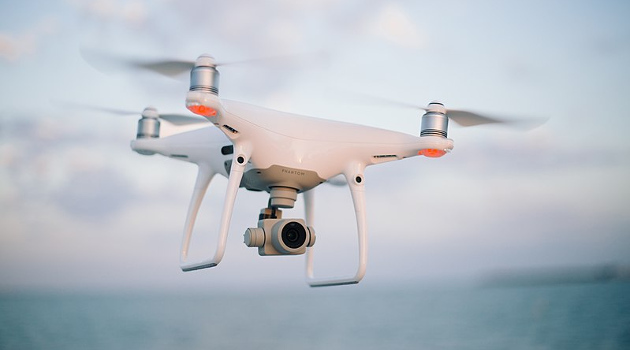Originally published by RealClearPolicy on February 7, 2023.
Economic protectionism is an old, global practice that can take many forms, but almost always results in harm to both consumers and companies alike. One popular tactic in the protectionism playbook is a country of origin ban, where products are restricted or banned altogether based solely on where they are manufactured. Proponents usually cite nebulous national security concerns which largely go unchallenged. However, politicians should look skeptically at country of origin bans and other trade restrictions, as nationalism is often exploited by domestic competitors who produce expensive or inferior products.
This is not just an American phenomenon, nor is it a new one. For example, the rise of economic nationalism in Europe resulted in French President Emmanuel Macron engaging in some aggressive protectionism. Upon taking office, Macron nationalized a French shipyard to block an Italian company from taking it over. The pretext was that the takeover was in the “national interest” of France, a favoriate phrase of governments used to justify any action. This despite the ostensible role of the European Union in fostering greater economic ties on the continent.
Further back, in 2011, a similar situation broke out in the EU over country of origin labelling. The Wall Street Journal reported, “A proposal that would force companies to slap ‘Made in’ labels on billions of euros in goods sold in the European Union has split the bloc’s southern manufacturing base from big, mostly northern, multinational companies that sell items imported from abroad.” This push came because of a misperception that these measures would help a struggling European economy losing jobs overseas. The plan was estimated to hike costs by $3 per item manufactured due to compliance burdens. These types of restrictions hurt consumers by limiting choice and increasing costs.
And now, the U.S. is wrestling with a similar protectionist idea in the drone market. In recent years, drones have gone from being a quirky hobby to becoming necessary tools for first responders and small businesses. For example, drones are often used to fight forest fires, support disaster recovery efforts, facilitate search and rescue operations, and keep first responders out of harm’s way. On the commercial side, drones are generating new American small businesses in software development, photography, cinematography, surveying, inspections, and agriculture, to name but a few.
Protectionists would have us believe that the mere potential for data collection and misuse is a national security threat requiring drastic market interventions. Certainly, there are implications to national security for sensitive missions or use by the U.S. military. Beyond a narrow set of specific use cases, however, it is important to keep in perspective that we live in an information society.
Satellite imagery like Google Maps and Earth are accessible by anyone with access to the internet, and more highly detailed pictures are available for purchase through commercial markets. Agricultural and infrastructure reports are produced by both government and private sector companies. Your local news station even highlights the state of roads, bridges, power grids and other infrastructure, so that information is certainly not a secret. This does not even begin to quantify the data collected by social media and cell phone companies. More acutely, data collected by U.S. corporations on every American is compiled and used in everything from advertising to government surveillance. There are real threats to American security, but they do not take the form of successful private companies building consumer hardware in China.
In a world where consumer electronics are both ubiquitous and essential for maintaining a modern standard of living, this is not a reasonable standard to establish. Without actual evidence of spyware or other deceptive practices, there is no justification for overriding consumer preferences reflected in market behavior. If such evidence is not required to impose draconian country of origin bans, almost anything could be next. You’d be hard pressed to find a popular device without parts sourced from China and that couldn’t be targeted by future government action.
Unfortunately, it’s likely that Washington will double down on these efforts. However, policymakers should proceed with caution. As we have witnessed with trade wars, broad bans on Chinese products will likely result in a countering move by China, ultimately raising costs, limiting supply and overall harming American companies, workers and consumers. Rather than continue down this slippery slope of trying to hobble competitors, Congress should encourage American innovation by removing the shackles of excessive regulation and burdensome taxation rather than harming American small businesses and sacrificing jobs.
———
Image credit: Josh Sorenson | Pixels Licesnse.

